CHIROPRACTIC
What We Treat
Chiropractic specialises in disorders related to the musculoskeletal system (nerves, muscles & joints). While we are best known for treating neck & back pain, chiropractic is suitable for many other types of pain & injury around the body as well as improving general health and wellbeing.

Low Back Pain

Sciatica

Headaches & Migraines

Joint Pain

Muscle Pain

Neck Pain

Aches & Pains

Plantar Fasciitis

Shoulder Pain

Elbow Pain

Ankle Pain
History
Chiropractic has been established for over 120 years, with spinal manipulation being used by ancient Greek & Chinese civilizations dating back several thousand years. The name “Chiropractic” comes from the greek words “Cheiros” & “Praktikos” meaning to be “done by hand.”
How We Treat
Due to the large range of techniques used at Gillingham Chiropractic Clinic, we are able to offer personalised care. We use Diversified technique, including:
✔ Massage
✔ Joint mobilisation/manipulation
✔ Dry needling (a.k.a. medical acupuncture)
✔ Advice on rehab exercises & stretching
✔ Pain self-management advice
✔ Postural advice
✔ Sports taping
✔ Activator

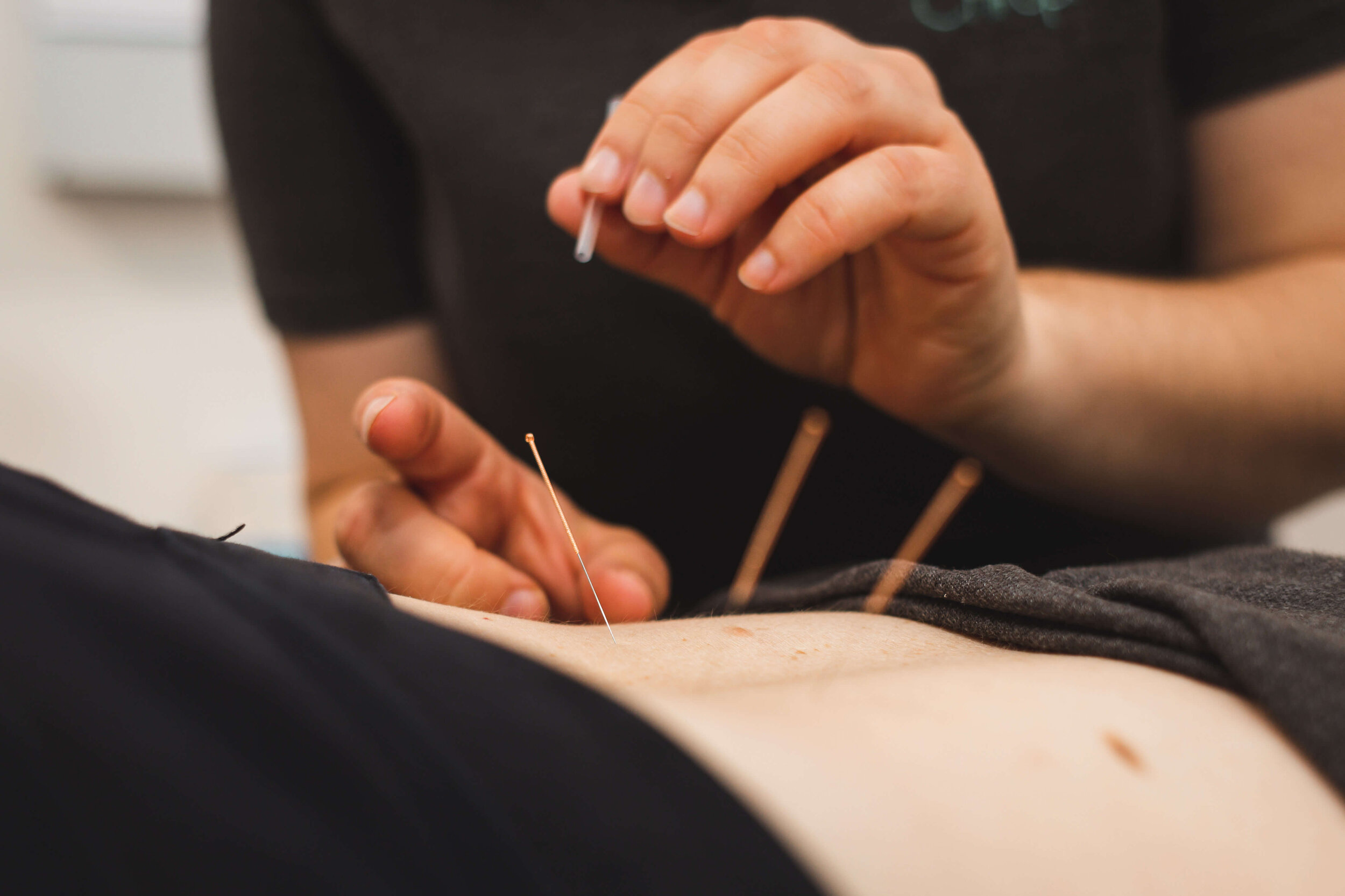
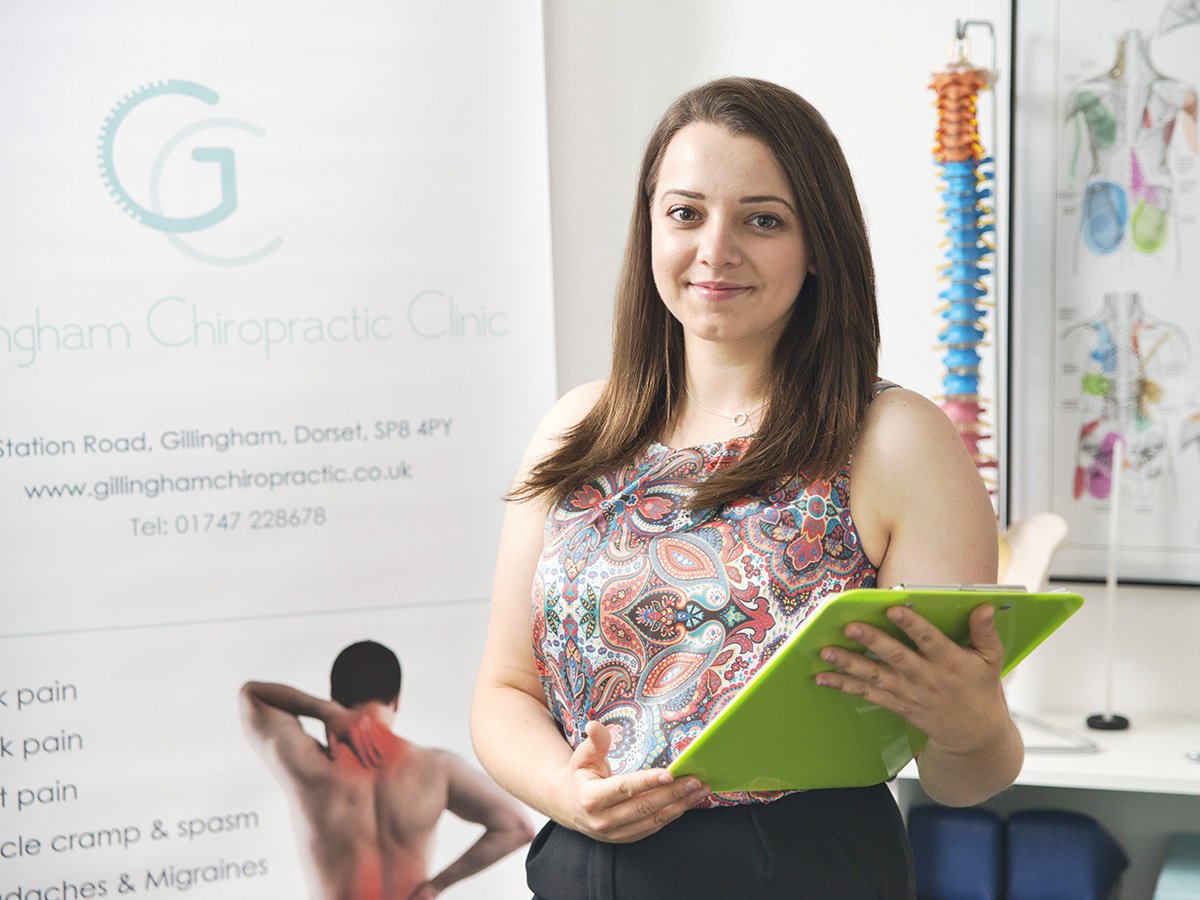
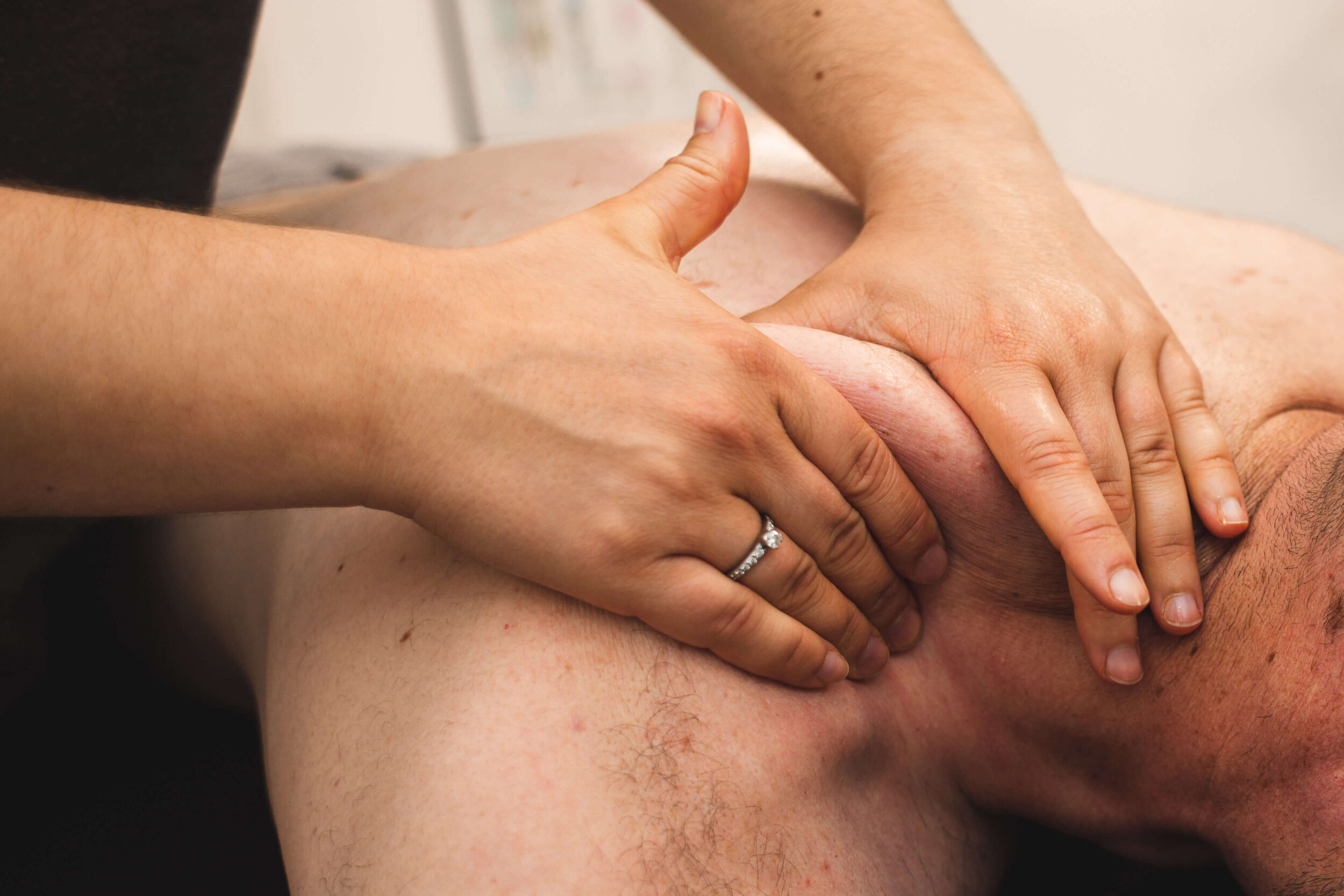

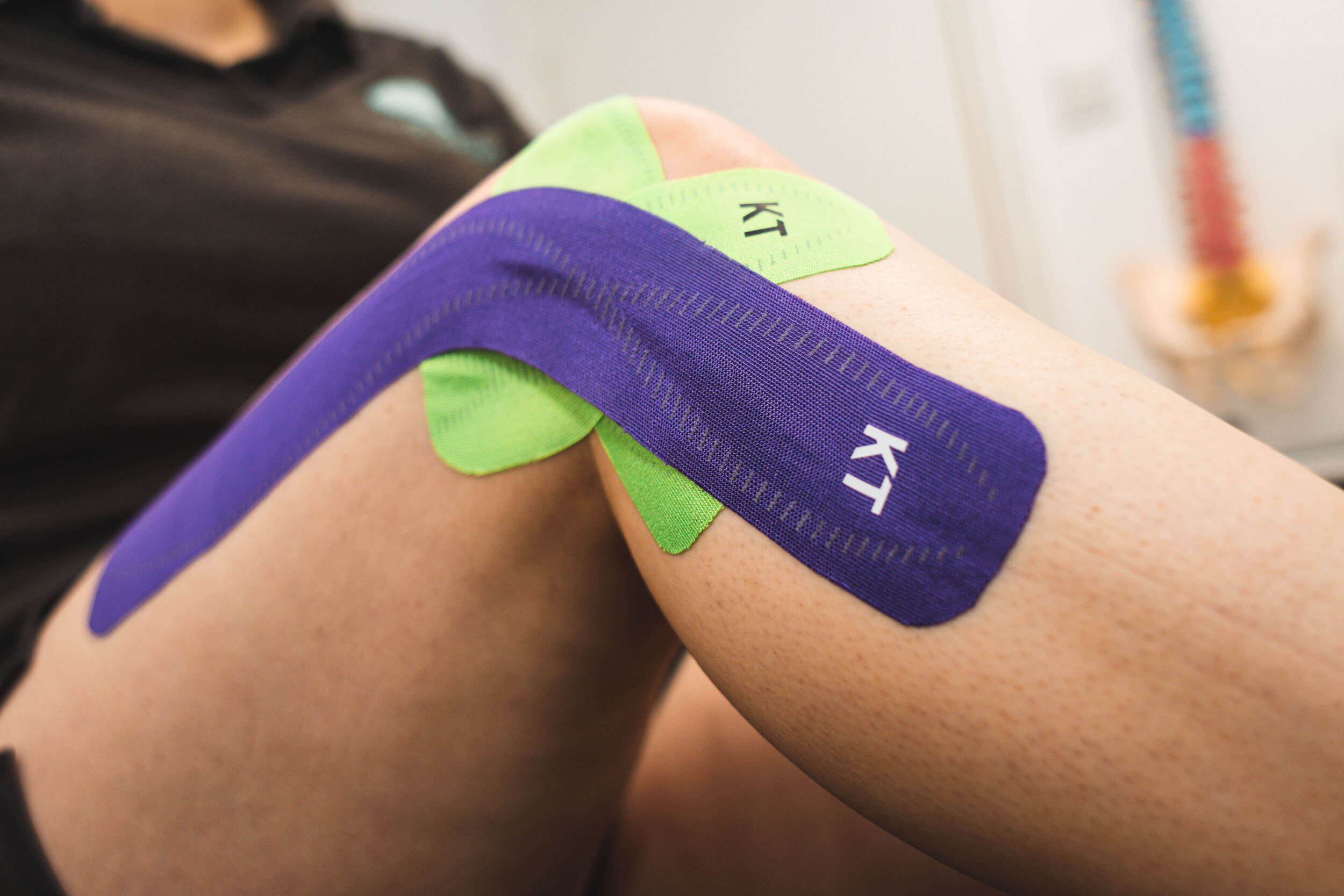
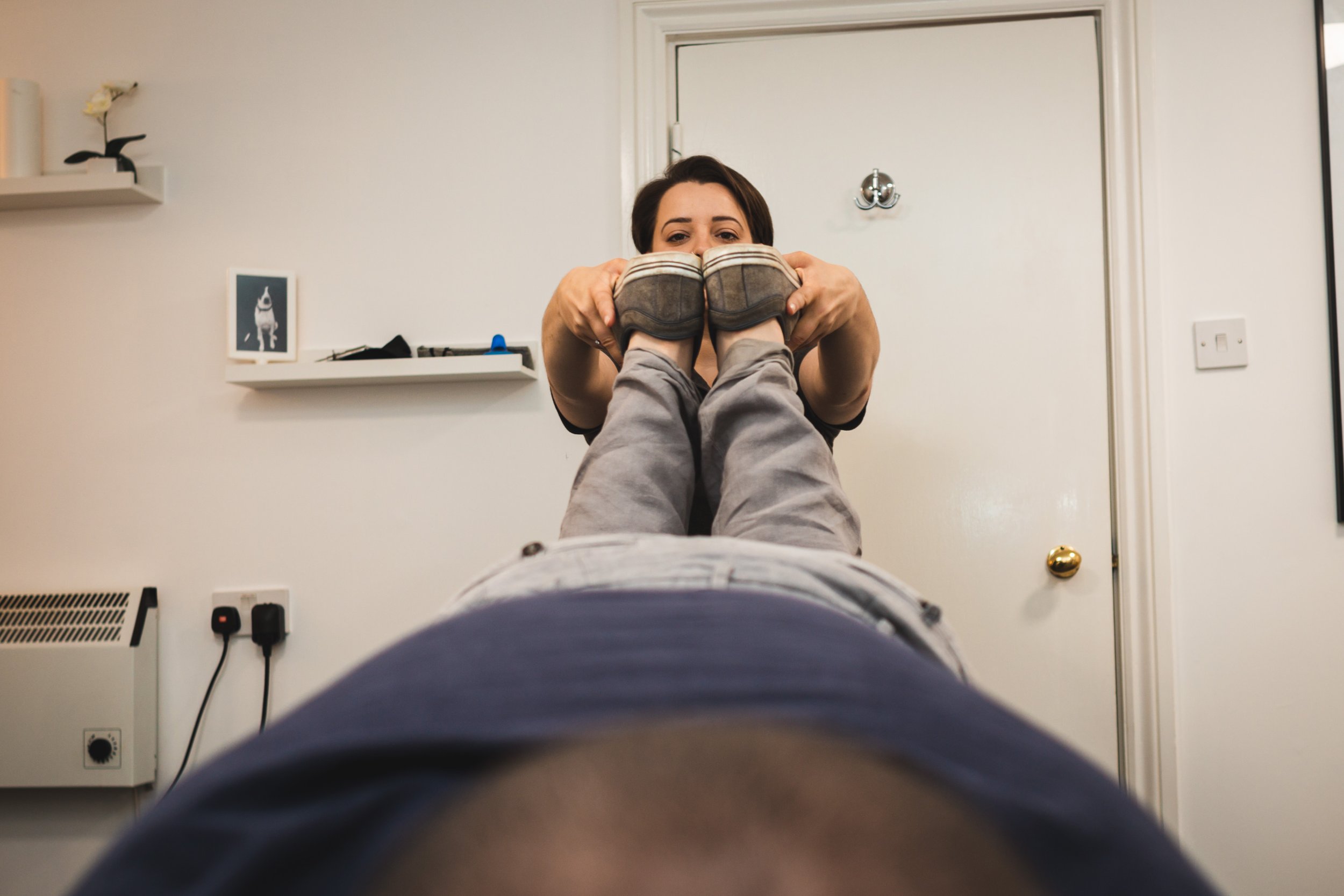
Your First Visit
Your first visit will last approximately 40mins. We will begin by taking a thorough history of your complaint(s) as well as your general health & any medications you may be taking.
Next a physical examination will be performed including a postural check, orthopaedic & neurological testing. It is good to wear clothes that are loose or easy to move in (for example leggings), however gowns are available.
Once the history & examination are complete, you will be be told what your condition is, if/how it can be treated & an estimate of how many treatments you will need. Should you wish to go ahead with treatment you may be treated on your first visit, however in some cases further investigation may be required, for example an x-ray or MRI.
GET IN TOUCH
Contact our expert team today, to see how we can help
